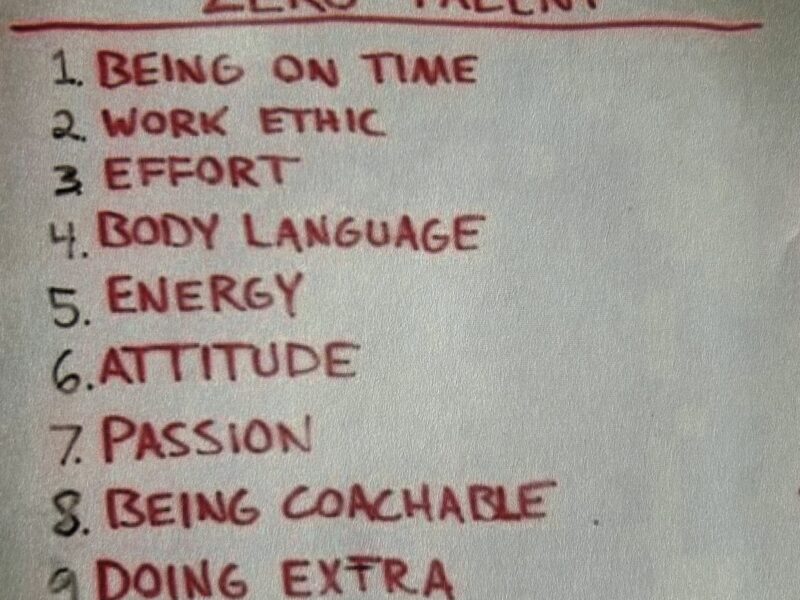Since I began teaching nearly 40 years ago, I have watched 1000s of high school graduates head off to college. In my early years I didn’t give it much thought. Although saddened to see the kids move on, I said my good-byes and then turned my attention to the new ones following behind. After a while, I couldn’t help but notice some unmistakable patterns – good and bad – relating to my students after they hit college.
Book #1: For College Students
About a decade ago, I began giving an annual talk to high school seniors in hopes of sending them off to college on a positive note. This led to my book College Success Guaranteed: 5 Rules to Make it Happen (Rowman Littlefield, 2011).
My intention was to help college-bound students rise above the pitfalls waiting to snare them, the biggest one being the danger of drowning in free time. Another lies in the failure to navigate the transition from homework, a short-term daily obligation (and a high school term they will never hear again), to the more long-term ongoing commitment of studying. Again, it all comes down to how one handles free time.
As the title suggests, I have identified five rules to help keep the new college student on track. In writing the book, I gathered anecdotes and techniques in interviews with scores of college kids and recent grads from over 40 colleges and universities. Briefly, the 5 Rules for college kids are:
Rule No. 1 – Go to Class – Every kid I’ve ever known who flunked out of college didn’t go to class. And I’ve never known a kid to attend all their classes and then fail out. High school penalizes you if you miss class; college may not even know you’re absent. Despite the fact that this is the most important rule, kids still have an amazing capacity to think that it doesn’t apply to them.
Rule No. 2 – Study 3 Hours X 5 Days per Week – You may need to do more to make Dean’s List, you may even get away with less, but if you study three hours per day (15 hours per week), regardless of when assignments are due, you’ll do fine. I’ve sent two daughters to college, both of whom excelled. One loves to taunt me with, “Dad, I never studied 15 hours per week.” The other says, “I couldn’t get by on only 15 hours per week.” My conclusion: The student who honors 15 as a standard will easily add more when circumstances call for it, but the student who does very little will rarely ramp up to a productive number of hours.
Rule No. 3 – Commit to Something – While it might seem counterintuitive, college students who stay busy tend to do better than those who don’t. Whether on an athletic team, in a play, or on the college newspaper, not only will such activities not detract from your academics, they will enhance them. They will also place you into a constructive, productive social orbit
Rule No. 4 – Get a Mentor – When I shared my book with U. Southern Cal distinguished professor and leadership guru Warren Bennis, his first comment to me was, “I only disagree with one point you make in your book, Malcolm. You don’t get a mentor, you stalk mentors… and you stalk them your whole life!” High school teachers are expected to be on the lookout for kids who could use some extra help in their academic or personal lives. In college, the burden falls on you to go out and make the connections that can propel you forward.
Rule No. 5 – Procrastination Kills – In one group interview, I asked, “What is the one thing you would tell a college student beginning classes tomorrow?” One student in the group responded, “Procrastination kills.” All the other students in the room chuckled and before long the room came alive with procrastination stories. Procrastination: You’ve gotta beat it.
Onward, Malcolm Gauld


